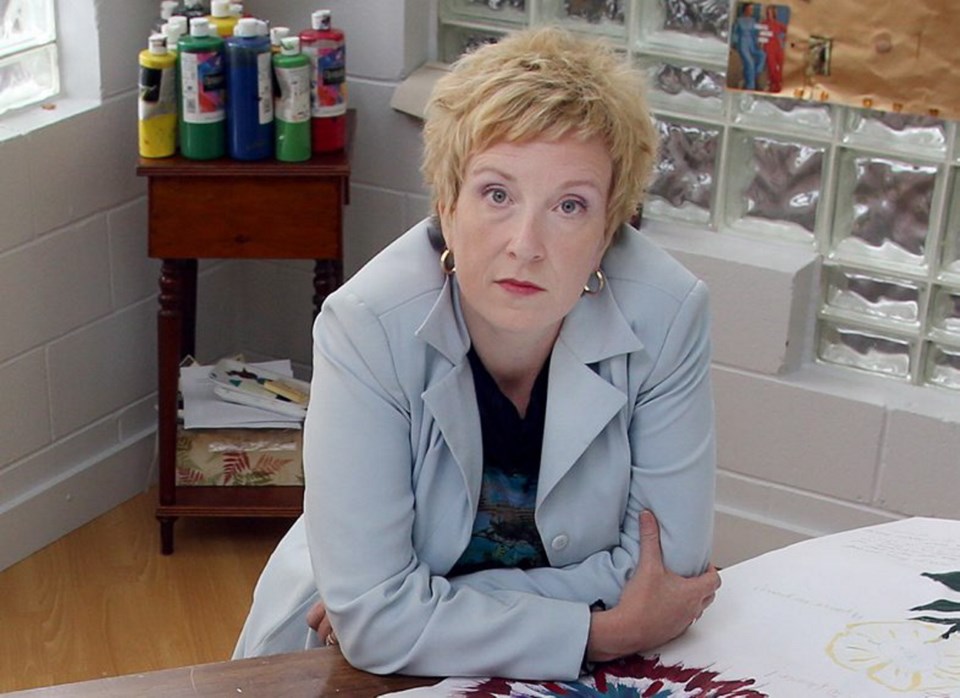The Conservative government introduced prostitution legislation Wednesday that Victoria advocates and researchers say is harmful and lacks public consultation.
“This is devastating,” said Marion Little, the executive director of PEERS, a Victoria non-profit organization that offers support services to sex workers. “People’s lives will be affected, and we barely have the resources to help them now.”
Justice Minister Peter MacKay said the new legislation targets those benefiting financially from prostitution and “the perpetrators, the perverts, those who are consumers of this degrading practice” by making buying sexual services illegal.
“We’re attempting to thread the needle on a very complex social issue,” MacKay said. “If there was a black and white, simple answer after thousands of years, I think it would have been discovered.”
The new legislation creates new offences for:
• The purchase of sexual services and communicating in any place for that purpose.
• Receiving a financial or material benefit from the prostitution of others, including through businesses that sell the sexual services of others online or out of venues such as escort agencies, massage parlours, or strip clubs that also provide sexual services.
• Advertising the sale of sexual services in print media or online.
• Communicating for the purpose of selling sexual services in public places where a child could reasonably be expected to be present, including a sex worker’s own home if children are present.
The legislation is the government’s response to a Supreme Court of Canada decision in December that struck down key parts of the country’s prostitution laws, saying they were violations of the constitutional guarantee to life, liberty and security of the person and increased the risk to sex workers. It gave the government a year to replace them.
Under the old laws, prostitution itself was legal but almost all related activities — including communicating in a public place for the purposes of prostitution, pimping and running a brothel — were criminal offences.
MacKay also announced $20 million in funding for programs that would help sex workers exit the trade.
“I don’t have any confidence those funds will go to experienced organizations providing unconditional care for sex workers,” Little said. Despite a provincial mandate to fund 24-hour resource centres, as prescribed in the Missing Women Commission of Inquiry, PEERS has struggled to stay open even a few days a week and was forced to cut some programs last year.
Little said criminalization around prostitution will drive vulnerable sex workers further underground. Former sex worker and local advocate Natasha Potvin agreed. “The good clients will be scared off and sex workers will be forced toward the ones that don’t fear the law,” she said. “And how will they now screen clients to know if they are drunk or have a weapon?”
University of Victoria researchers, in the midst of a national study on sex work, are also critical of the new legislation and how it has been presented.
“Most Canadians had no idea the legislation was being drafted or that there was any public consultation,” said sociologist Chris Atchison, referring to a one-month online survey by the Department of Justice that showed a slim majority of the 31,000 respondents felt buying sex should be illegal.
“I have first-year undergraduates that could have put together a more credible survey,” he said, noting individuals could complete the survey multiple times, from anywhere.
Fellow researcher Rachel Phillips, who is also a PEERS board member, said the federal government should have done a better job of consulting evidence-based research and engaging those involved in sex work. “It shows they have a partisan, moral stance in an area that is a serious public and safety concern.”
— With files from The Canadian Press
About the legislation
The federal government’s prostitution package would:
• Make the purchase of sexual services illegal.
• Outlaw the receipt of financial benefits from prostituting someone.
• Gives immunity to those who sell themselves from criminal liability, unless they try to do so in public places where children gather.
• Toughen penalties for pimping.
• Include $20 million in new money to help prostitutes leave the trade.
Source: Department of Justice
— CP



